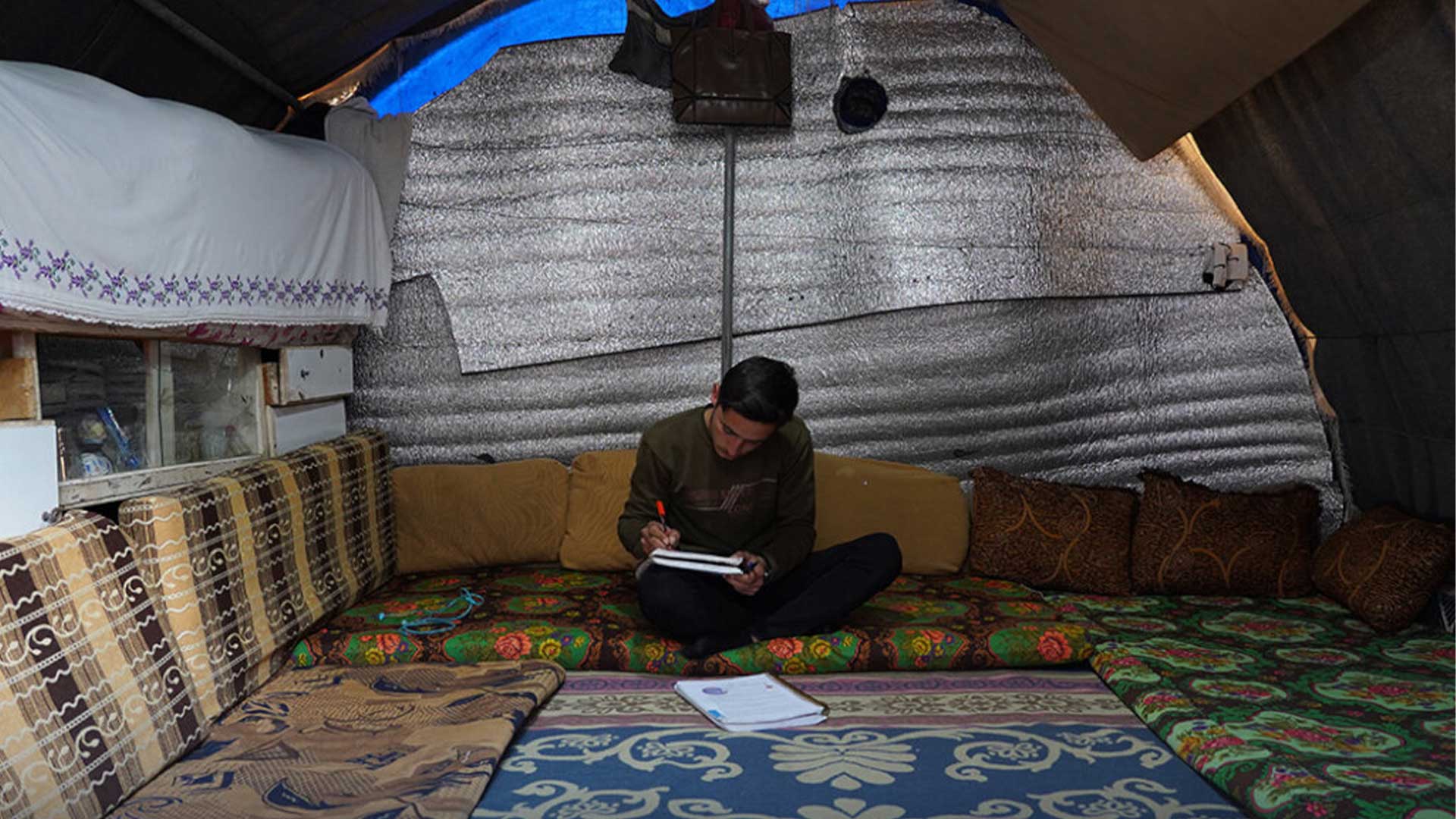In a fast-paced world where we are inundated with information from all sides, the importance of memory emerges as a key to understanding how we process, store, and retrieve the data we receive daily. Memory is one of the most prominent mental abilities, playing a crucial role not only in learning and personal development but also in shaping our experiences and identity.
This article aims to explore the mental mechanisms that enable the brain to store and retrieve information, highlighting how various factors such as sleep, aging, and psychological stress affect our ability to remember the past and plan for the future. By understanding memory and its impacts, we delve into the concept of memory.
The Concept of Memory
Memory is one of the brain’s capabilities that enables it to store and retrieve information. It is often understood as an information processing system with explicit and implicit functions consisting of sensory processors, short-term memory, and long-term memory.
Sensory processors help sense information from the outside world in the form of physical and chemical cues and deal with them at different levels of focus and determination.
Short-term memory acts as a coding and retrieval processor, where information in the form of cues is encoded according to explicit and implicit functions by the short-term memory processor and also retrieves information from previously stored materials.
After a few seconds to a few minutes, most information disappears from the brain, either becoming forgotten or moving to long-term memory storage.
How Does Memory Retain Information?
Repetition and practice are primary methods by which information moves to long-term memory. The function of long-term memory is to store data through various models and systems, known as explicit and implicit systems.
Explicit memory is the cognitive storage of data related to memories. Under explicit memory lies semantic and episodic memory, where semantic memory refers to memory that encodes a specific meaning, while episodic memory refers to information encoded along temporal and spatial levels.
It’s important to note that memory is not a perfect processor and is affected by many factors. The way information is encoded and preserved can be damaged.
Memory and Sleep
The brain actively works during sleep. During the day, the brain stores information in a temporary store, then begins to detail and prepare it during sleep to deposit it into long-term memory.
In long-term memory, information is coordinated and linked with previous information, and the temporary store empties its contents, enabling the storage of new information and rapidly occurring effects during wakefulness.
The coordination of information and impressions in long-term memory is best done during deep sleep. The brain can also come up with a solution to a problem during sleep or even solve a mathematical problem that the sleeper had not considered while awake, based on what was learned during wakefulness.
Memory and Forgetting
We differentiate between two types of forgetting: in the first, information disappears completely; in the second, the information does not vanish entirely but becomes hard to access due to the accumulation of new information.
It is crucial that the information moves from short-term to long-term memory, as all impressions and information are initially stored in the temporary short-term memory, where electrical signals are exchanged among billions of neural cells.
However, short-term memory has a limited capacity to retain information, allowing new information to replace the old, similar to the RAM (random access memory) in a computer. Only a small portion of that information and those impressions reach long-term memory, while the rest is lost and forgotten.
Memory and Childhood
Research indicates that infants at the age of 6 months can remember information after 24 hours. Furthermore, as children grow, they are able to store information for longer periods. For instance, children at 6 months can remember events after 24 hours, those at 9 months can recall events after 5 weeks, and children aged 20 months can remember events even after 12 months. Additionally, with increasing age, the speed of storing information increases.
Memory and Aging
One of the most concerning issues for those undergoing aging is memory loss, a hallmark of Alzheimer’s disease. However, memory loss in aging differs qualitatively from that which occurs in Alzheimer’s disease.
As age increases, individual performance on memory tasks, which depend on frontal areas, decreases. Older adults tend to show a deficit in tasks that involve knowing the chronological order in which they learned information; memory tasks that require them to remember specific situations or contexts in the same way they learned the information; and prospective memory tasks that involve remembering to perform an action in the future.
The Impact of Psychological Stress on Memory
Psychological stress affects a person’s ability to encode memories as well as their ability to retrieve information during times of psychological stress.
The body reacts by releasing stress hormones into the bloodstream, causing acute and chronic changes in specific areas of the brain, which can cause long-term damage. Excessive stress hormone secretion generally weakens delayed retrieval of long-term memory but can enhance immediate retrieval of short-term memory, particularly in emotional memory.
Psychological stress affects many memory functions and cognitive functions of the brain, with different levels of stress being internal or externally induced. Internal stress levels are stimulated through cognitive tasks, while external stress can be stimulated through non-cognitive stimuli.
People who are typically exposed to stress are more likely to experience memory dysfunction compared to those who are generally more cheerful, and those who often experience anxiety or stress have increased chances of experiencing moderate cognitive impairment, a form of memory loss.
In our journey through the world of memory, we recognize the importance of this unique mental ability that allows us to connect our past with our present and plan our future. We have explored how memory serves as a living archive of our experiences, storing precious moments and acquired knowledge, and directly affecting our actions and decisions. As we have seen, memory is a dynamic and complex process, influenced by many factors such as sleep, psychological stress, aging, and nutrition.
It is essential to take care of our mental and physical health to maintain strong memory and cognitive resilience. Whether through memory enhancement techniques, sufficient sleep, or reducing psychological stress, each step we take contributes to supporting our ability to remember and learn. In the end, memory shows us that every moment we live contributes to the complex tapestry of our lives, emphasizing the importance of living consciously and paying attention to the present moment. Let us seize the opportunity to enhance our memory and thus, improve the quality of our lives.
Author: Samer Aloush, Science Teacher at Masarat Initiative







